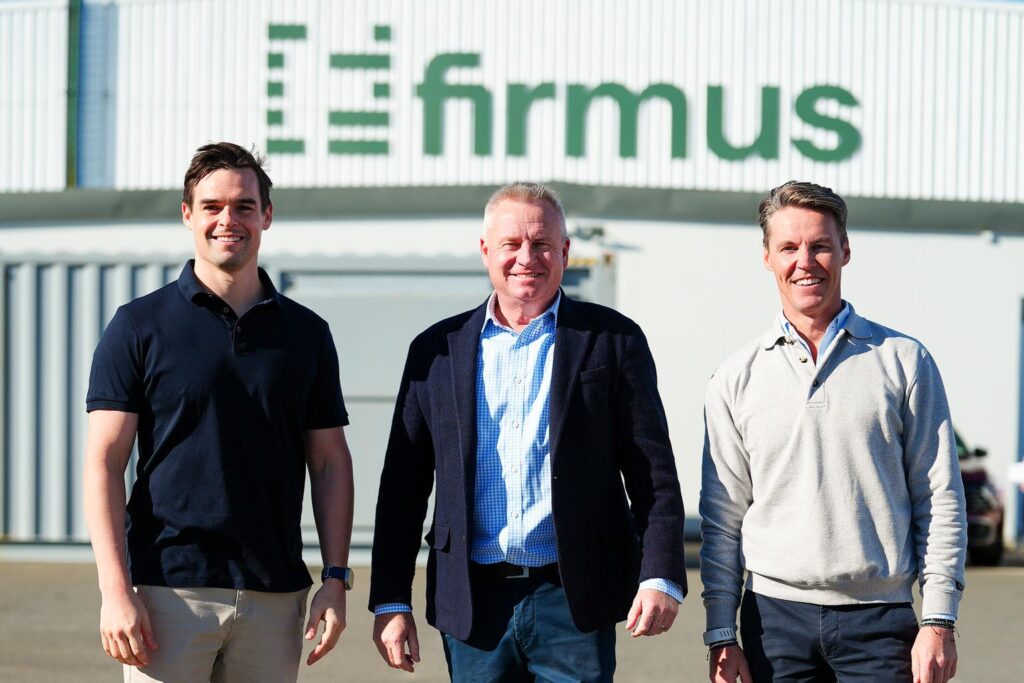
Launceston is poised to become a significant player in the digital innovation sector following the city council’s approval of a major data centre in St Leonards. This development, expected to inject billions into the local economy, marks a new chapter for the Tasmanian city.
The City of Launceston endorsed the planning permit for the cutting-edge ‘AI Factory’ during a Special Council Meeting on Monday. The five-hectare site is set to house two expansive server halls, an office building, and associated infrastructure, all designed to operate around the clock with a staffing capacity of about 30 on-site employees.
Mayor Matthew Garwood emphasized the transformative potential of the project, stating, “This project really puts Launnie on the map as a hub for digital innovation. It’s about more than just data. It’s about harnessing Tasmania’s renewable energy advantage and making sure our city is at the forefront of Australia’s AI and tech economy.”
Economic and Technological Implications
The development, submitted by engineering firm Pitt&Sherry on behalf of Firmus Technologies, is anticipated to attract up to $2.1 billion in its initial phase and create up to 100 direct jobs. Firmus Technologies, led by Oliver Curtis, husband of PR executive Roxy Jacenko, is spearheading this ambitious project.
The announcement comes as part of a broader strategy to position Launceston as a leader in the tech industry, leveraging Tasmania’s renewable energy resources. The data centre is expected to be operational by mid-2026, with additional employment opportunities arising through construction, energy, and technology supply chains.
Community and Environmental Considerations
Despite the economic benefits, some residents have expressed concerns regarding the potential strain on electricity supply and risks associated with cooling system chemicals. In response, the council has imposed stringent conditions to mitigate environmental and community impacts. These include requirements for landscaping, stormwater treatment, noise attenuation, and site contamination management.
“I’m confident this development will deliver huge long-term benefits for Launceston while striking the balance we need for our community,” Mayor Garwood remarked.
These measures aim to address the community’s apprehensions while ensuring the project aligns with environmental standards and community expectations.
Historical Context and Future Prospects
This development follows a series of initiatives aimed at revitalizing Launceston’s economy and infrastructure. Historically, the region has relied heavily on traditional industries, but recent years have seen a shift towards technology and innovation as key drivers of growth.
According to industry experts, the establishment of the AI Factory could serve as a catalyst for further technological investments in the region. By capitalizing on its renewable energy assets, Launceston could attract additional tech firms seeking sustainable operations.
By the Numbers: The AI Factory is expected to inject $2.1 billion and create up to 100 direct jobs in its first stage.
Looking ahead, the project not only promises immediate economic gains but also positions Launceston as a forward-thinking city ready to embrace the challenges and opportunities of the digital age.
As the city prepares for this transformative development, stakeholders remain optimistic about the potential for long-term benefits, both economically and socially. The AI Factory represents a significant step towards a more diversified and resilient local economy.






